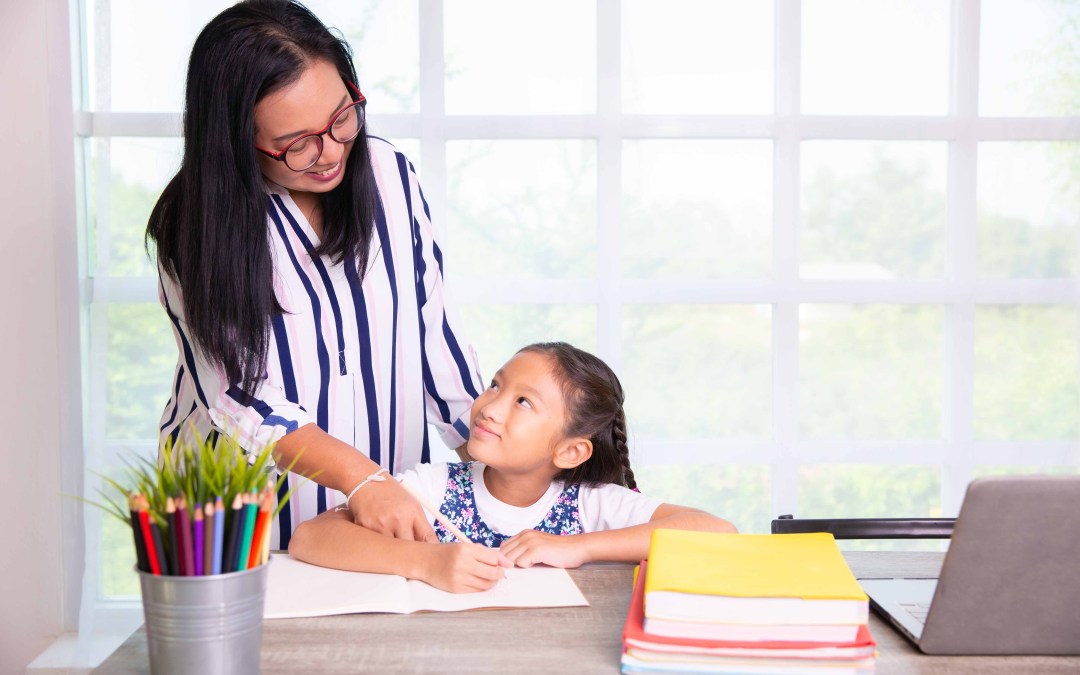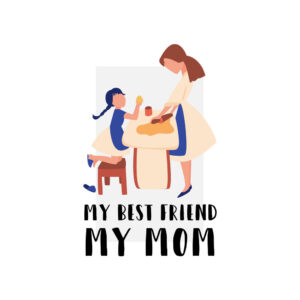Have you ever tried to be friends with your child?
Parenting is hard enough, and trying to be a friend to your child at the same time can be like walking a tightrope. Many parents don’t want to befriend their children as they are afraid it will be hard to enforce rules and standards. But befriending children is detrimental to their development, as research suggests that kids do better when their parents show affection and enforce age-appropriate limits on their children’s behavior.
As Asian parents, we sometimes find it hard to express our love to our children, we are not comfortable saying “I love you”, and have the challenging job of laying the foundation that will support family friendships in later years.
So, how can you be a parent who is approachable, accessible, and grow a close bond with your child? How can you balance the parent-mode and friend-mode when necessary? How can you set boundaries and have effective discipline, while still maintaining that parent-child relationship? In this article, we suggest six “foundation builders” to help you cultivate strong friendships with your children.



 First, what does “friendship” between parents and children mean?
First, what does “friendship” between parents and children mean?











